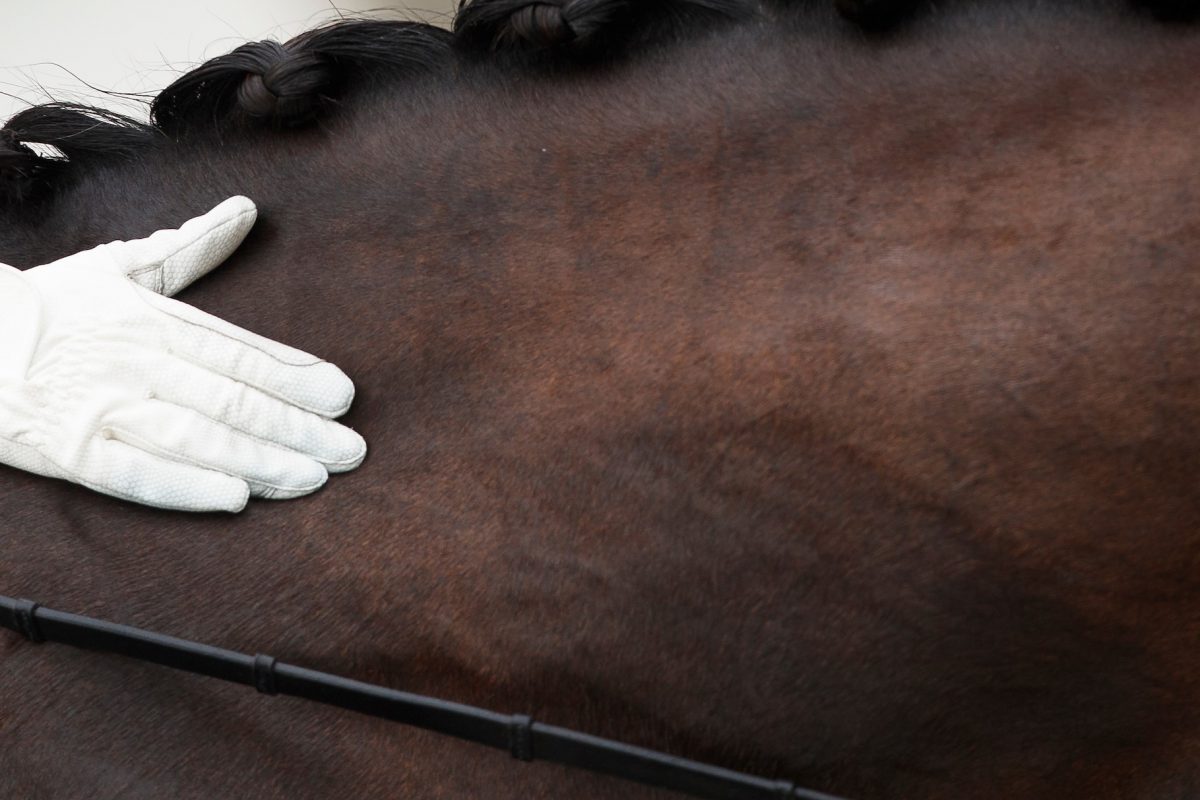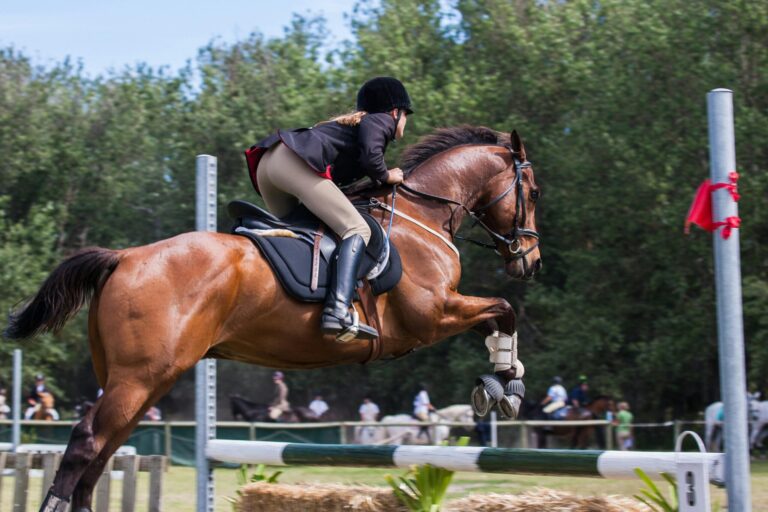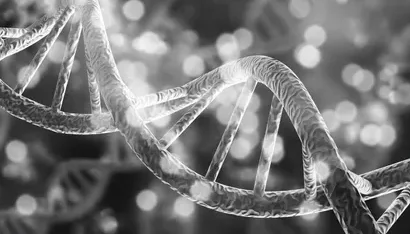It was with great professional interest that I read an editorial by Rick Helmink in the Paardenkrant yesterday (10 March 2021). The article was titled “The Million Dollar Stallion of Helgstrand and the German Studbooks.” In his article, Hermink reported on the current dispute which exists between Andreas Helgstrand on the one hand and the Westphalian Studbook on the other in relation to the stallion Darlings Dream (Diamond Deluxe / Lissaro).
Helgstand has apparently taken the position (I have also read this in a post on his website) that, due to the fact that Darlings Dream, purchased by Helgsand at an auction in Wesphalia, tested positive for the banned substances theophylline and caffeine, Helgstand was entitled to cancel the auction purchase.
The Westphalian Stud Book and the seller, Willem Rüscher-Konermann, have taken the view that they cannot be blamed for the positive test result and that there exists no justifiable reason to annul or cancel the purchase.
I suspect that the last word has not yet been spoken in relation to this matter.
Let me begin by stating that I think that it is a good thing that, in addition to national and international dressage or jumping competitions, blood samples are being taken at studbook inspections and auctions in order to subsequently investigate the unexpected presence of banned substances. It is important, however, that the taking of these samples as well as the method of testing are properly recorded. From experience, I can say that the FEI regulations on this point provide adequate safeguards for all parties involved. For example, it is meticulously described how the Sample Kits should be used, how A and B Samples should be taken, who should be involved, how the chain of custody is to be recorded, how the Samples are to be sent to particular laboratories as well as how they are to be dispatched and examined. In my opinion, there are sufficient checks and balances.
From a perusal of the auction conditions of the Westphalian Studbook, I did not come across any similar doping protocol. I also could not find any information regarding how the results of a doping test might have an effect on the animals bought and sold at the auction. In my view, it is imperative that every auction organisation should implement a proper anti-doping protocol associated with every studbook. The wheel does not have to be re-invented; the FEI provides a solid framework.
Position of the Westphalian Studbook
From my perspective, the Studbook and the seller downplay the seriousness of the situation which has arisen.
They simply state that the B sample has confirmed the presence of the substances theophylline and caffeine but that this combination of substances may have entered the stallion’s system through his feed. The Studbook believes that the innocence of the seller has been demonstrated and it therefore does not see any reason to reconsider the approval of the stallion and the subsequent sale. Breeding manager Thomas Münsch went so far as to inform the editors of the Paardenkrant that the stallion remains approved, remains the reserve champion and remains sold! In Münsch’s view, this approval as the reserve champion is the essential consideration in determining the answer to the question as to whether Helgstrand in fact got what he bought.
Position of Helgstrand
Helgstrand has a different perspective. He states: “doping is doping.”
My verdict on the situation
In my opinion, the Westphalian Studbook and the seller of Darlings Dream cannot be correct.
I am happy to explain why:
1. The substances theophylline and caffeine are both listed on the FEI ‘Equine Prohibited Substances List’. There is nothing to indicate that these substances could not have had an effect on Darlings Dream at the time of the inspection and auction. The existence of an effect on the horse that must be assumed unless the contrary is scientifically proven.
2. A buyer, in whatever capacity, must be able to rely on a ‘zero tolerance policy’ from a studbook. Especially when such studbook presents itself as renowned. Unlike a buyer, a studbook has the ability to set the standards and requirements for the quality of horses to be auctioned, such as a negative doping result to be obtained before approval will be granted. When concessions are made to such policy, this stands in stark opposition to the integrity, transparency and objectivity of the studbook as a whole.
3. The assertion that Helgstrand received what he bought with the continued approval of the stallion ignores the interests of all buyers. The buyer cannot ignore the fact that Darlings Dream was ‘under the influence’ at the time he was presented during the approval and auction. It is the discretion of the buyer to determine the purpose of the purchase. Of course, not all buyers of approved stallions strive for stud service. A very large proportion of buyers only aspire to purchase for training to become a top sport horse.
4. The fact that the seller can demonstrate that, as FEI describes it in such cases, he cannot be accused of ‘fault or negligence’ is not necessarily relevant in a matter concerning the purchase of a horse. On the contrary, before the FEI, the positive doping result of the horse always remains intact. The consideration of lack of fault or negligence is only relevant where the FEI is determining whether to withhold or reduce a sanction against the athlete. The general policy of the FEI is that any results obtained by the horse is cancelled. It is on this point that the Westphalian Studbook turns the matter: we keep the stallion approved and therefore the buyer cannot complain! This reasoning is not supported by the case law of the FEI Tribunal nor the CAS.
It is interesting to note the extensive case law pertaining to the presence of theophylline and caffeine. I refer specifically to a judgment of the FEI Tribunal dated 30 December 2017 in response to nine simultaneous doping cases in which the prohibited substances of theophylline and/or caffeine were tested. The FEI reached an agreement with all the parties concerned that the athletes should be provisional suspended and all results obtained by the horses who tested positive were disqualified. That did not resolve the matter. This outcome was upheld notwithstanding the fact that an investigation showed that the cause of the doping was a contamination of a dietary supplement beyond the control of the rider and trainer.
We will all follow with interest how this matter unfolds.
Luc Schelstraete


